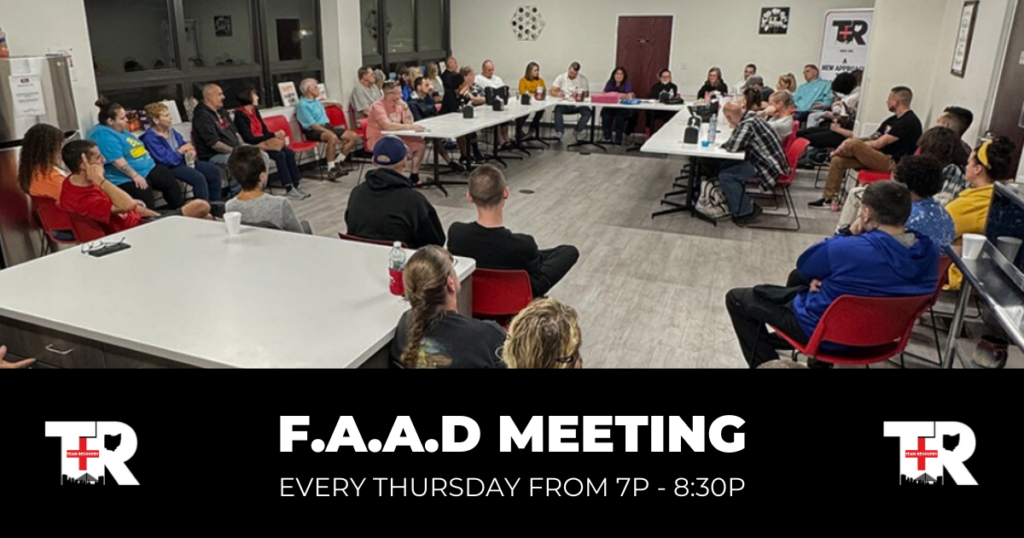
Community support is an indispensable element in the journey of recovery from addiction. It provides the social scaffolding that can uphold individuals as they navigate the challenging path to sobriety. Here, we explore how community involvement not only supports, but actively enhances recovery outcomes.
The Foundation of Community Support
The road to recovery is often paved with challenges that can be overwhelming when faced alone. Community support networks offer critical resources, emotional encouragement, and a shared understanding of the recovery experience. According to the Substance Abuse and Mental Health Services Administration (SAMHSA), participation in recovery-focused community initiatives is associated with improved outcomes in maintaining sobriety and overall mental health (SAMHSA).
The Impact of Collective Efforts
Research underscores the efficacy of community support in addiction recovery. For instance, the National Institutes of Health (NIH) through its HEAL Initiative, emphasizes the role of recovery support services in helping individuals build sustainable lifestyles post-addiction. These services extend beyond simple health care to include job training, education, and housing, which are crucial for long-term recovery (NIH HEAL Initiative).
Engaging Community Resources
Engagement with community resources like support groups, therapy sessions, and social activities can provide a buffer against relapse. Programs designed to integrate individuals into supportive communal settings can significantly reduce feelings of isolation and helplessness. Recovery is not just about abstaining from substances but also about rediscovering one’s place in the community (Boardwalk Recovery Center).
The Role of Technology in Community Support
In today’s digital age, online communities also play a significant role in supporting recovery. Platforms that offer online counseling, virtual meetings, and support forums are invaluable resources for those who may not have physical access to traditional support groups. These digital solutions provide flexibility and anonymity, which can be crucial for individuals in the early stages of recovery.
Personal Stories of Recovery
Engagement with community support not only aids in recovery but also empowers individuals to share their journeys, contributing to a greater understanding and de-stigmatization of addiction. Sharing personal stories can inspire others in their battles against addiction, reinforcing the idea that recovery is possible and sustainable.
Here’s what Carmen Everett, F.A.A.D. Program Director, had to say:
“F.A.A.D. (Families After Addiction or Death) has been crucial in my own personal healing journey as a family member of an addicted person. It’s easy to feel lost, not knowing what to do or when or how. The community at F.A.A.D. provides me with understanding about my circumstances, empathy, and fresh ideas of resources and boundaries that worked for them. It is encouraging and sometimes challenging, most importantly instills resilience and gives me hope for my family’s future.”
Get Involved
If you or someone you know is struggling with addiction, consider exploring the resources available through community support groups. Join us every Thursday night from 7:00pm – 8:30pm for our F.A.A.D. (Families After Addiction or Death) meetings, and let us walk alongside you and your loved ones on this transformative journey of understanding, resilience, and hope. For more information, please reach out to us at 419-561-LIFE.
Community support in addiction recovery is more than just a beneficial element; it’s often the cornerstone of effective recovery strategies. By leveraging the collective power of supportive networks, individuals in recovery can find the strength to continue their journey towards a healthier, substance-free life.
For more details on our community support initiatives and the F.A.A.D. meetings, visit Team Recovery’s treatment services page.


